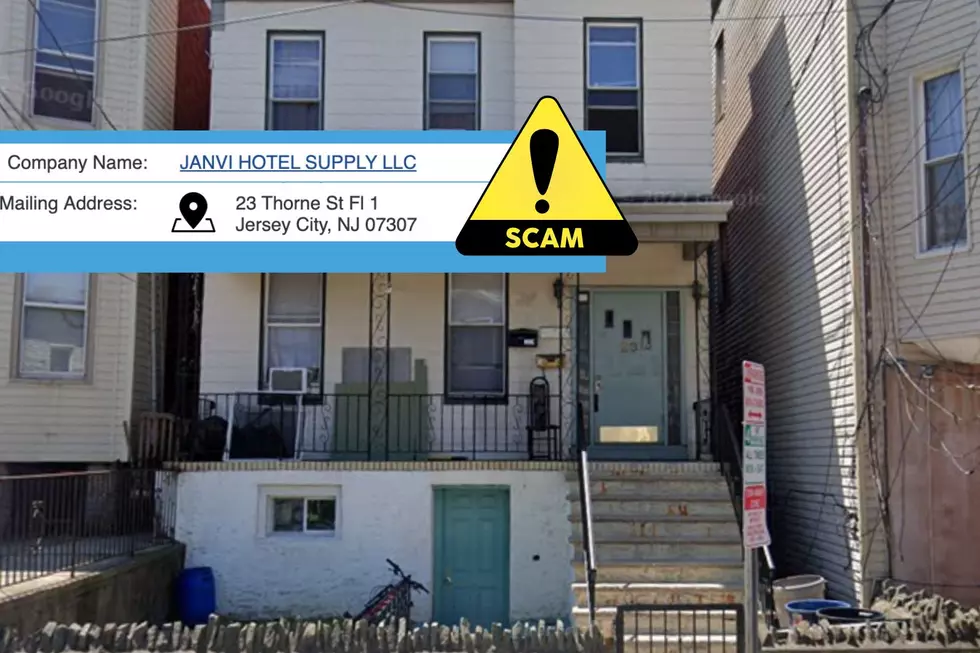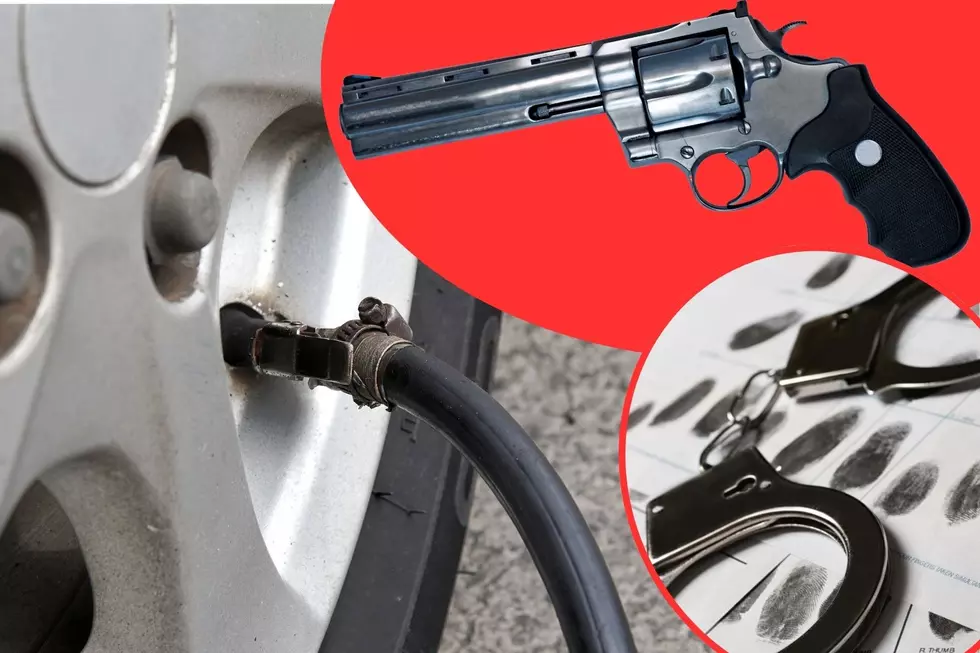![Chris Christie: Every Life Is Precious And That Includes Drug Addicts [VIDEO/AUDIO]](http://townsquare.media/site/385/files/2012/07/cchristie43.jpg?w=980&q=75)
Chris Christie: Every Life Is Precious And That Includes Drug Addicts [VIDEO/AUDIO]
Non-violent drug offenders will get mandatory treatment instead of jail time under a bill signed into law yesterday by Governor Chris Christie.
The new law will phase in mandatory drug court for nonviolent offenders over a 5-year period. Currently, participation in the drug court program is voluntary. The program will be phased in, in at least three vicinages to be determined by the Administrative Office of the Courts in the first year.
"When I outlined this proposal six months ago, I made it clear that our commitment to our most vulnerable was not just a matter of dollars and cents, it was about reclaiming lives. No life is disposable and every life can be redeemed, but not if we ignore them," says Christie. "Once again by putting people before partisanship, we are providing optimism and hope to individuals and families torn apart by addiction. Once fully phased-in over 5 years, this program will provide mandatory drug treatment to appropriate offenders who are not a threat to society and who suffer from the disease of addiction - redeeming lives and healing families."
The new law expands the number of criminal offenders eligible for treatment for drug or alcohol addiction under supervision of the State's drug court programs by removing some of the disqualifications currently in place for eligibility into those programs. Under the new law, two of the existing mandatory criteria for eligibility - that the offender in question have no more than one prior conviction of a second degree crime, and that the criminal offense in question was committed under the influence or to support drug or alcohol dependency - will be made permissive, rather than mandatory, and the current prohibition against more than one prior conviction for robbery will be eliminated.
The result will be that courts will have more discretion in placing individuals in the drug court program. The measure additionally allows individuals currently serving a sentence of incarceration, or convicted and awaiting a sentence, to request that their eligibility for the drug court program be re-evaluated based on the new criteria.
"Individuals with an addiction are coerced into treatment every day and successfully recover," explains John Hulick, Executive Director of the Governor's Council on Alcoholism and Drug Abuse. "They are coerced by family or employer pressure and are often mandated into treatment by the courts because of drunk driving or other criminal offenses. With today's signing, non-violent offenders assessed with an addiction, who heretofore could deny a course of treatment, will now be provided an opportunity to also recover even if they are at first unwilling."
Assemblywoman Holly Schepisi is one of the measure's sponsors. She says, "While we cannot measure the compassion of such a program in dollars and cents, offering help to those in need is a benchmark in our society. This new law expands the outreach of a successful program to those who may initially resist participating and offers hope instead of despair to those suffering from addiction."
"This law is about spending corrections dollars smarter, and allowing drug-addicted offenders to seek treatment, rather than incarceration," says State Senator Nick Scutari, one of the bill's sponsors. "The old criminal justice system failed far many offenders than it helped, and instead of putting the focus on reform and rehabilitation, the focus was on warehousing criminal offenders. This new law puts our priorities back in the right place, and ensures that folks who can be helped by the program will be directed to drug court."
The law phases in the implementation of a program that will mandate access to special probation under drug court for any offender with a drug problem who is not disqualified from the drug court program under the revised criteria in the bill.
The Administrative Director of the Courts will oversee the phase-in and will submit reports to the Governor and the Legislature, beginning the year after the effective date of the bill, tracking the completion and revocation rates for people admitted to drug court, as well as the recidivism rates of graduates, the costs associated with implementing mandatory drug court, and any other information that may indicate the efficacy of the program.
"Imprisonment is a costly solution, and too often with nonviolent drug offenders, it is not a solution at all. Many of these individuals are leaving prison worse off than they entered it," says Assembly sponsor, Bonnie Watson Coleman. "The voluntary drug court program in New Jersey has had great success. Expanding the program will help us avoid the expense of incarceration and get these individuals on the right path to recovery."
Courtesy Governor's Office
More From New Jersey 101.5 FM









